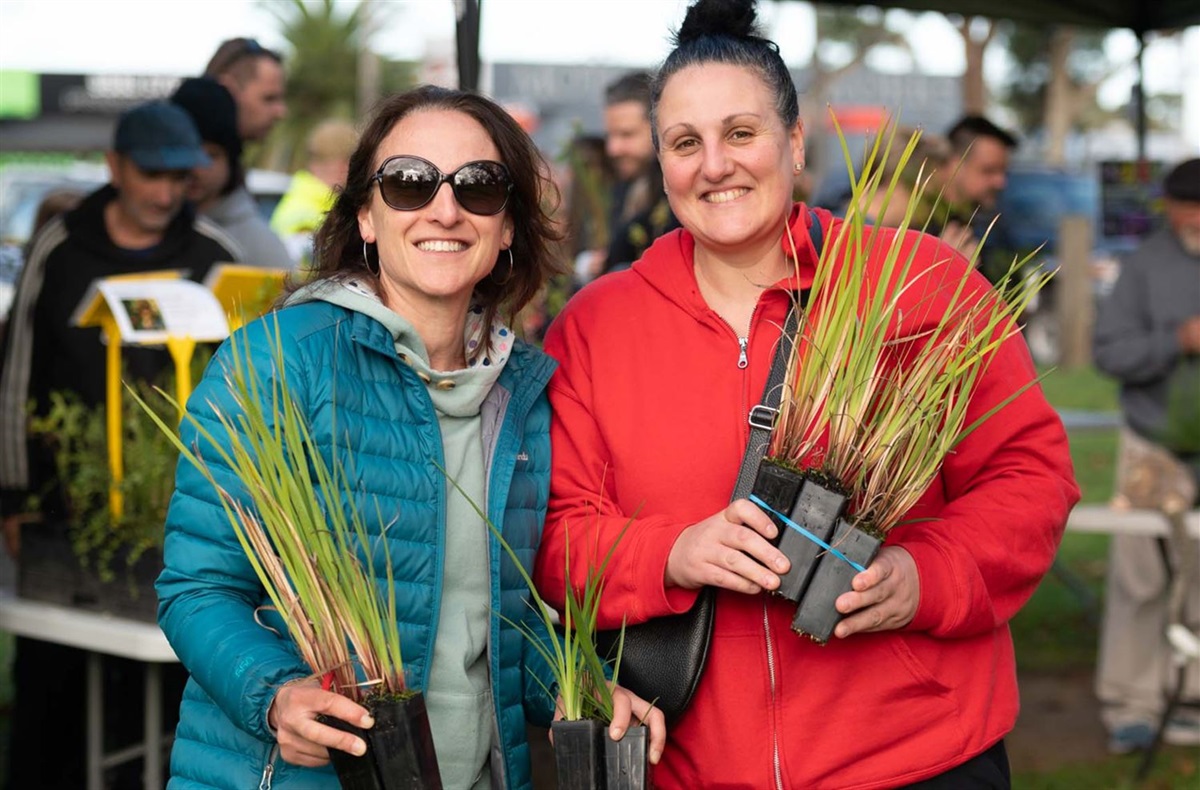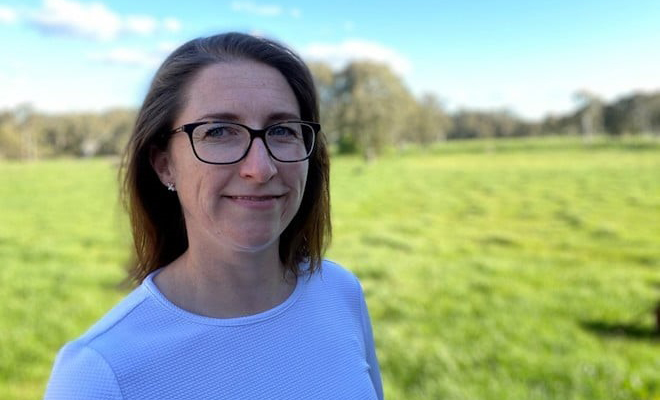A new study investigating opportunities in Western Australia for carbon capture, utilisation and storage (CCUS) and carbon capture and storage (CCS) is a positive step in finding pathways to decarbonise the economy, according to Australia’s oil and gas industry.
The Australian Petroleum Production & Exploration Association (APPEA) today backed the study commissioned by the Western Australian LNG Jobs Taskforce, supported by APPEA members bp, Chevron, Eni, Santos, Shell, and Woodside.
APPEA WA Director Claire Wilkinson said the research would provide critical intelligence on how best to deploy CCUS and CCS to decarbonise not just the state’s gas industry but many other sectors as well.
“The oil and gas industry is committed to achieving net zero greenhouse gas emissions by 2050, with several companies targeting even earlier timeframes,” Ms Wilkinson said.
“Decarbonising our existing and future operations means there is a need to invest in renewable energy and lower emission technologies and this study will help inform the investment opportunities in this space.
“CCUS and CCS have key roles in lowering the carbon intensity of gas production and in supporting the development of a blue hydrogen industry here in WA, a key enabler to a viable hydrogen industry.
“The study will help us chart a way forward with natural gas set to be a key part of a cleaner energy mix.”
The study will be conducted by the CSIRO and the Global Carbon Capture & Storage Institute and is expected be completed in the second half of this year.
The Western Australian LNG Jobs Taskforce aims to maximise local jobs and establish WA as a global LNG hub.
Originally established by the WA Premier in 2018, it comprises of the Minister for State Development, Jobs and Trade; heads of Woodside, Chevron, Shell, Santos, and INPEX, and representatives from APPEA and UnionsWA.
To view this media release as PDF, please click .







